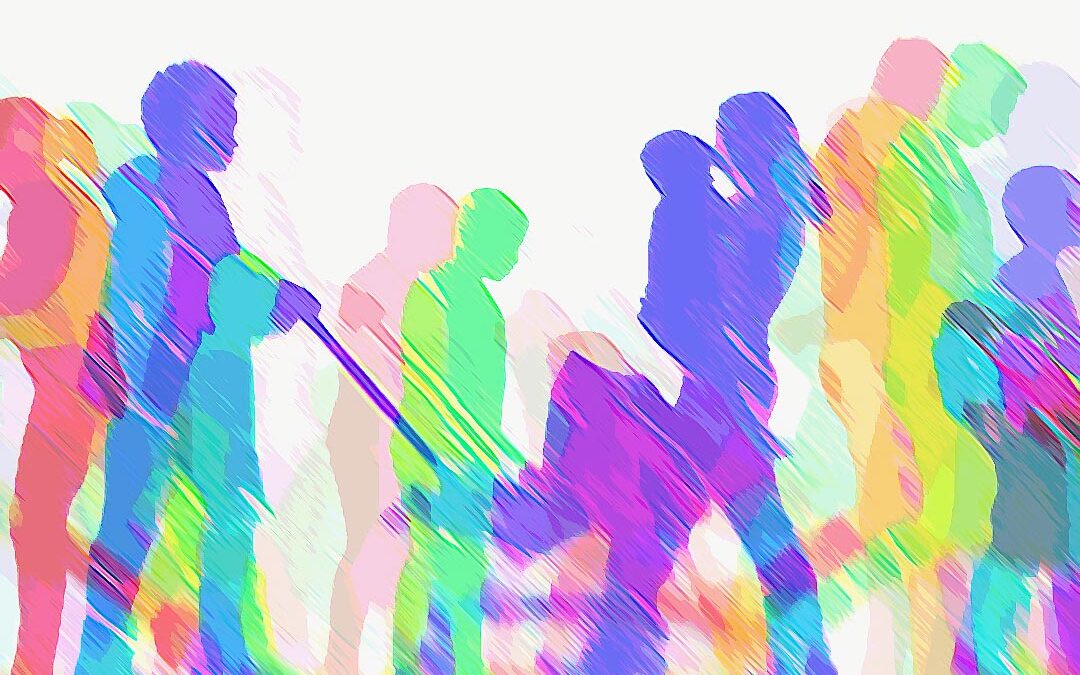Do you think 15M people will lose Medicaid when the pandemic ends? The Medicaid market has been changing in unprecedented rates since the start of the Pandemic and there are some good things to come from such a terrible time. This week, I attended the Medicaid Innovations Forum where topics included: Data-Driven Strategies for Enhancing Care Delivery, Promoting Health Equity, and Driving Medicaid Transformation.
During these two days, we were inspired by hearing how lemonade was made. The public health crisis birthed innovative and positive impacts on the Medicaid market as Errol Pierre, Senior Vice President of State Programs at Healthfirst shared during his keynote session: Exploring Pandemic Changes to Medicaid That Are Permanent: Care Delivery, Member Engagement, and the Pursuit of Health Equity.
We felt inspired and uplifted by the tools and tips shared for helping the Medicaid market but there was a sharp juxtaposition in our gut when we thought about the people losing their Medicaid insurance.
There has been speculation that the current federal public health emergency will expire this year and this will trigger a requirement that states must cull through data to see who is no longer eligible. “Those audits, which have been suspended for the past two years, could lead to as many as 15 million people losing their health insurance, including 6 million children, according to an analysis from the Urban Institute.”
Individuals, typically come off of Medicaid coverage because their income climbs above the eligibility threshold or the individual’s qualification isn’t proven (for example, if the paperwork not submitted properly). However, to receive additional federal funding, Congress “barred states from kicking people off Medicaid. Enrollment surged nearly 20 percent over the next 16 months to 76.7 million, according to the Centers for Medicare and Medicaid Services, an all-time high.”

